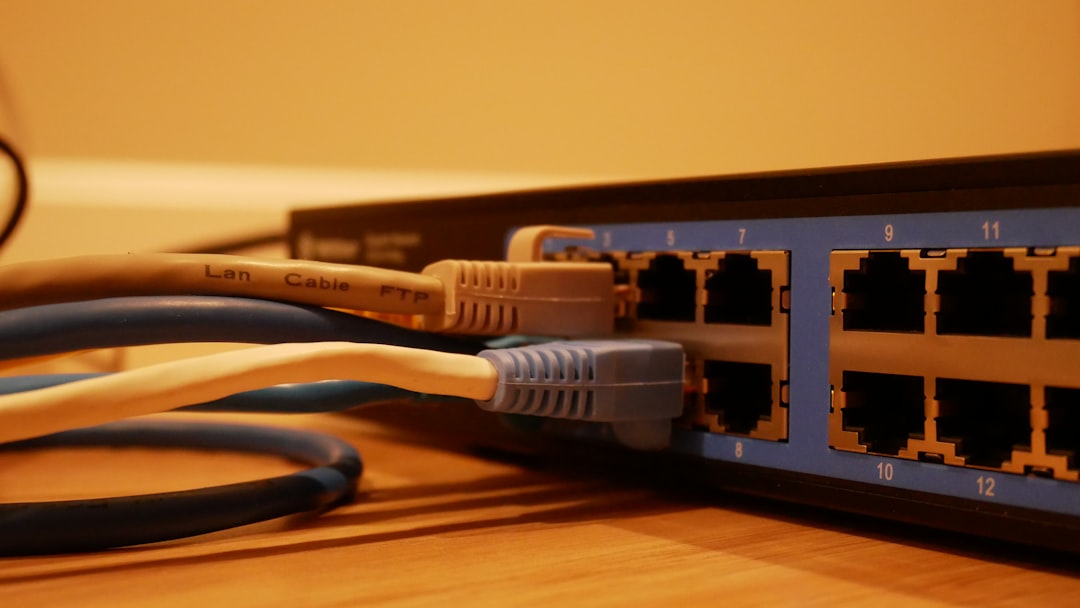Voice over Internet Protocol (VoIP) hosting has revolutionized the way individuals and businesses communicate, offering a cost-effective and flexible alternative to traditional phone systems. One of the most frequently asked questions about VoIP is whether it can offer the same – or better – quality of voice calls as conventional telephony. The answer, generally speaking, is yes. However, the actual quality of voice calls in VoIP hosting depends on several critical factors.
Key Factors That Affect VoIP Call Quality
The quality of VoIP voice calls is influenced by a number of technical and environmental variables. Understanding these helps users and businesses make informed decisions when choosing a VoIP service.
- Internet Connection Quality: Since VoIP relies entirely on internet connectivity, the speed and stability of the internet are crucial. A high-speed broadband connection – preferably fiber optic – will yield superior voice quality compared to a slower or unreliable network.
- Bandwidth: Sufficient bandwidth must be available, especially in environments where multiple devices are online simultaneously. Without it, users may experience issues like choppy audio or dropped calls.
- Latency and Jitter: Low latency (delay), jitter (variation in packet arrival time), and packet loss are essential for crystal-clear sound. High latency and jitter can lead to distorted voices, echo, or delays that negatively affect the conversation flow.
- Equipment and Configuration: The type of hardware used—such as IP phones or headsets with noise-canceling features—and proper software settings play a vital role. Professionally configured network hardware with Quality of Service (QoS) settings can prioritize voice packets, ensuring smoother communication.

Advantages of High-Quality VoIP Calls
When conditions are right, VoIP can provide voice quality that not only matches but often exceeds that of traditional landlines. Here’s why:
- HD Voice: Many modern VoIP systems offer HD voice, which transmits audio across a wider frequency range than standard phone lines. This results in a more natural and clearer sound.
- Noise Cancellation Tools: Built-in features like echo cancellation and background noise suppression further enhance clarity.
- Global Access: VoIP calls maintain their quality across long distances without degradation, unlike traditional phone lines that may lose clarity due to signal conversions and long routes.
Moreover, VoIP hosting often includes value-added services like call recording, integration with customer relationship management systems (CRMs), voicemail-to-email, and smart call routing, which improve the overall user experience.
Challenges and How to Overcome Them
Despite its advantages, VoIP is not without its challenges. Thankfully, most of these hurdles can be overcome with appropriate planning:
- Power Outages: Traditional phones often work during power outages, while VoIP doesn’t unless backed by battery or generator-powered routers and modems.
- Emergency Calls: VoIP doesn’t automatically provide physical location info to emergency services. Some providers, however, offer Enhanced 911 (E911) services to address this issue.
- Network Congestion: Businesses can combat network congestion by segmenting the network or upgrading their ISP plan to ensure bandwidth consistency.

Choosing the Right VoIP Provider
Not all VoIP hosting services are equal. Selecting a reputable provider can dramatically improve voice quality and service reliability. Key features to look for in a provider include:
- Guaranteed uptime through Service Level Agreements (SLAs)
- Geographically distributed data centers for redundancy
- 24/7 customer support
- Advanced call and network analytics
- Scalability to accommodate growing business needs
Conclusion
VoIP hosting can provide excellent voice call quality when all the right elements come together—reliable internet, proper configuration, good equipment, and a trustworthy provider. It can even outperform traditional telephony when used to its full potential. With continued advancements in broadband technology and network services, VoIP is fast becoming the go-to solution for both personal and professional communication needs.
Frequently Asked Questions (FAQ)
- Q: Is VoIP call quality worse than traditional phone lines?
A: Not necessarily. In fact, VoIP calls can exceed the quality of traditional phone calls, especially when using HD voice over a stable internet connection. - Q: What internet speed is recommended for good VoIP call quality?
A: A minimum of 100 kbps per phone line is required, but for HD voice and stability during multiple simultaneous calls, at least 1 Mbps upload/download per user is advisable. - Q: Can VoIP work during power outages?
A: Only if your modem and router are connected to a backup power source like an uninterruptible power supply (UPS) or a generator. - Q: How can I improve my VoIP call quality?
A: Use a wired internet connection, ensure sufficient bandwidth, configure QoS on your router, and invest in high-quality VoIP equipment. - Q: Are VoIP calls secure?
A: Yes, many VoIP providers use encryption protocols like SRTP and TLS to ensure call privacy. Always choose a provider with strong security measures.
